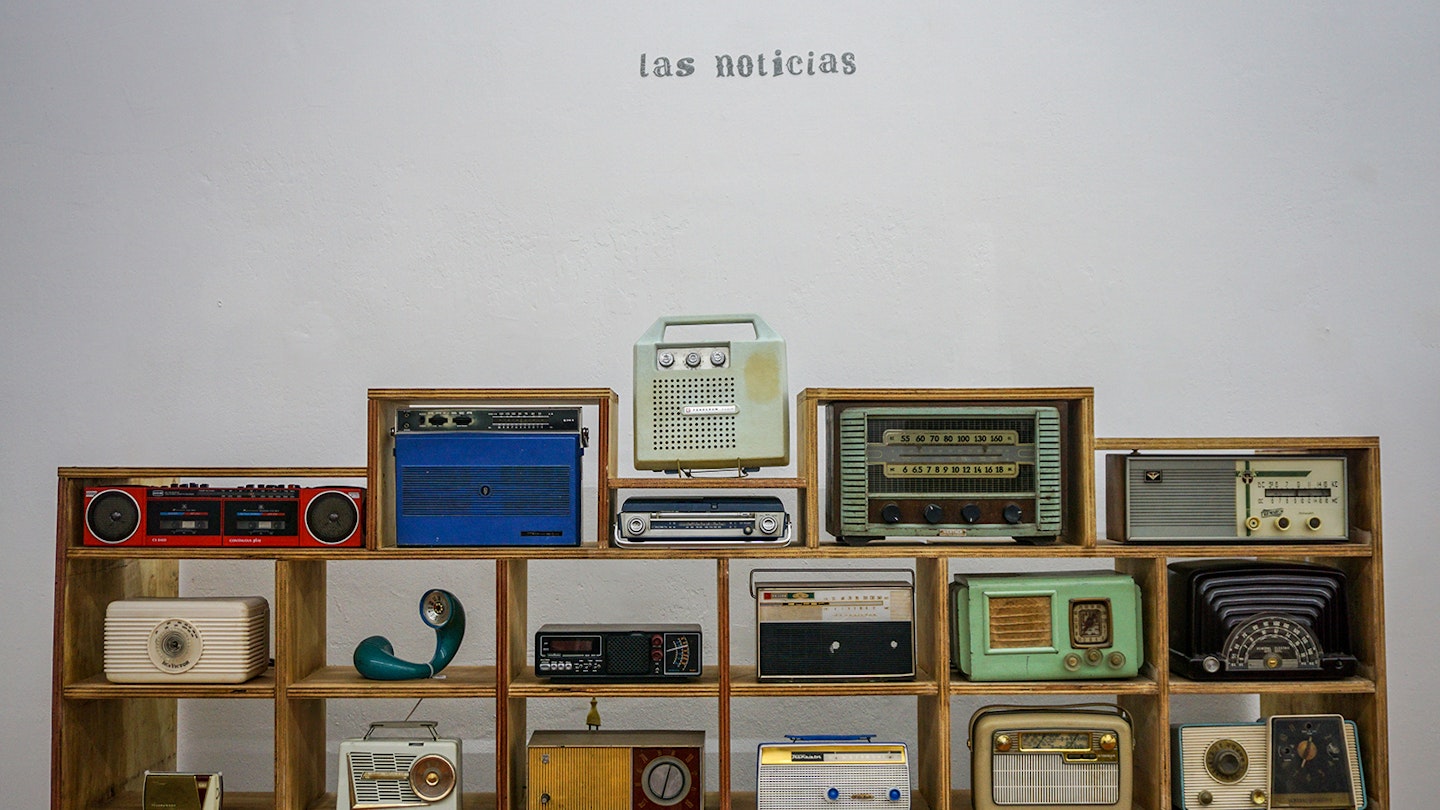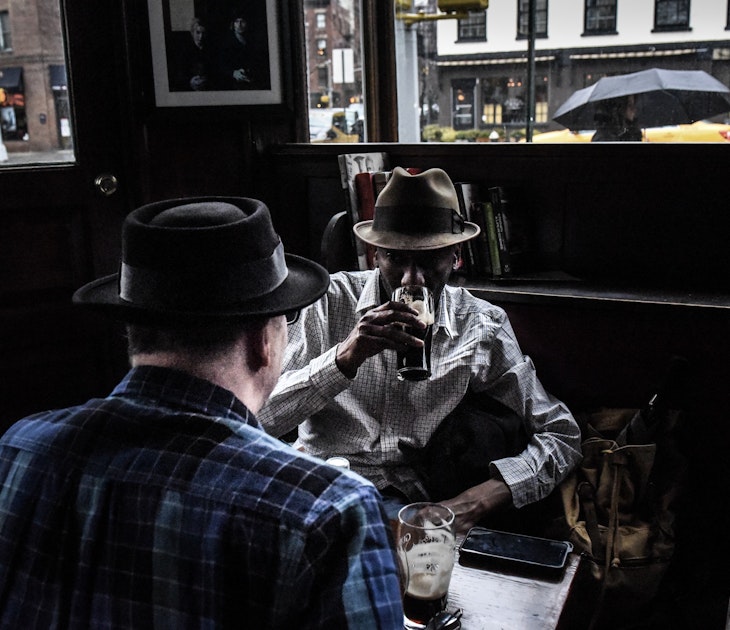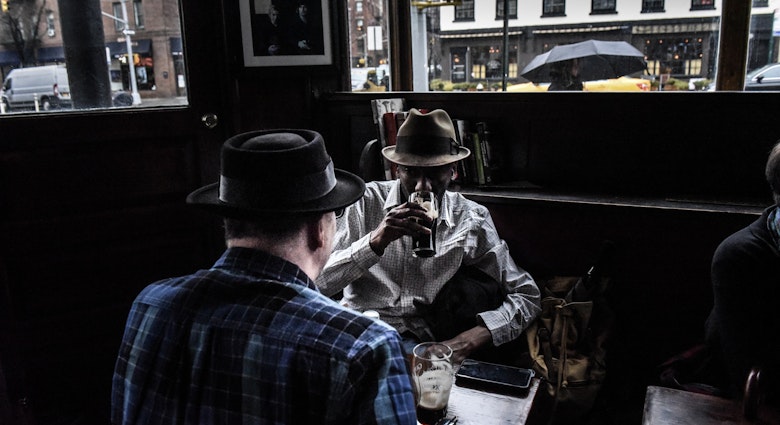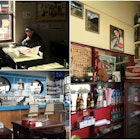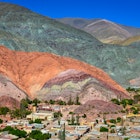Buenos Aires is a sprawling cultural hub with an enormous amount of established museums and galleries to visit. However, there are a plethora of distinctive, often smaller, places to glean knowledge of the city and its culture that may not appear on many “top 10” lists. Here are some locations that, although obscure for many, are worth a visit for their illustrative character and idiosyncrasy.
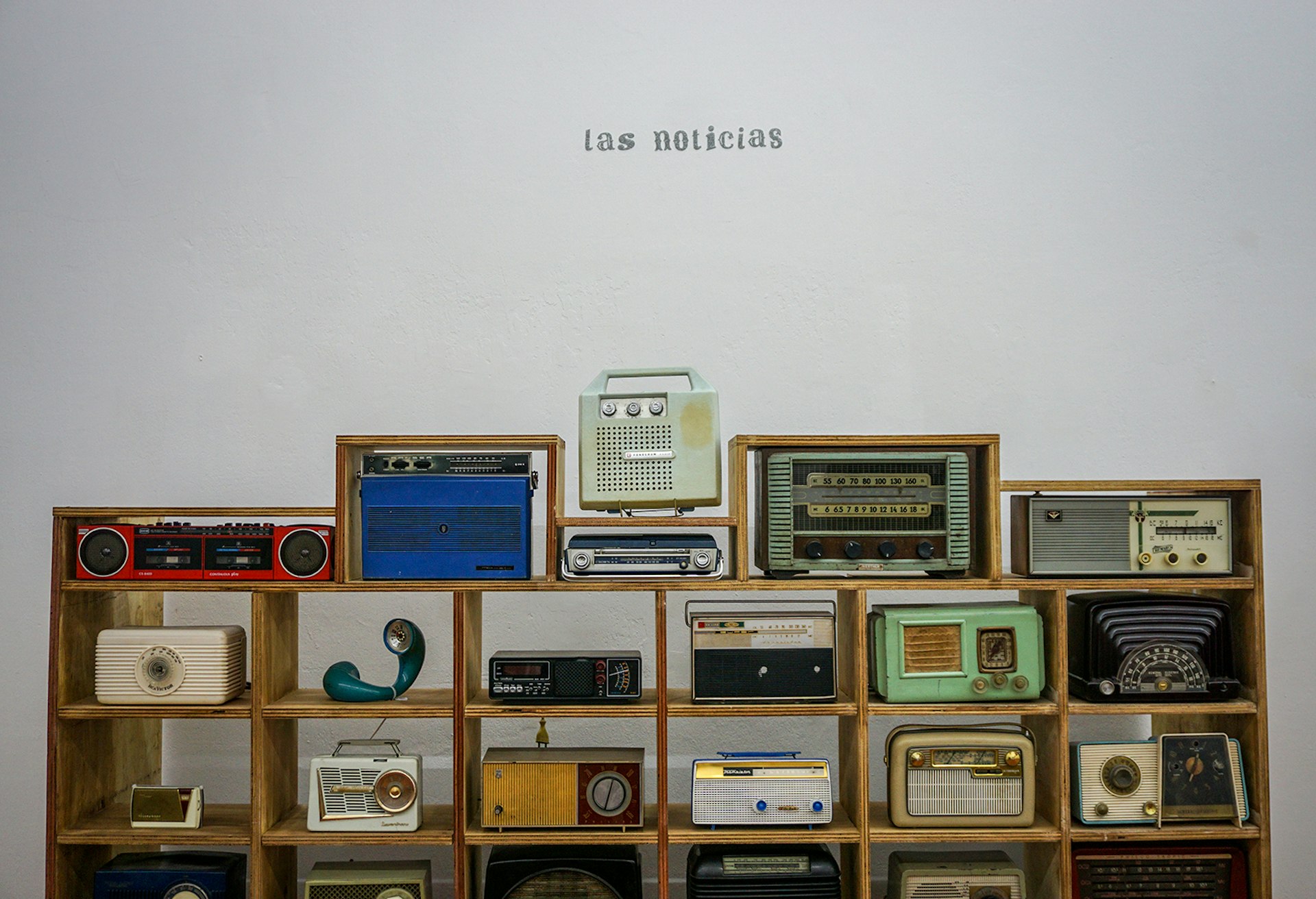
Follow the money: Héctor Carlos Jansen Numismatic Museum
In a country where the foreign exchange is volatile and closely followed, there’s a particular relevance to visiting to the Central Bank’s museum of Argentina’s coins and notes. With 20,000 pieces ranging from indigenous currency to the new bank notes depicting animals, this museum takes you through the evolution and crises of Argentine currency. Keep a look out for banknotes with Benjamin Franklin, William Penn and George Washington on them. There are screens and audio in English available in every room and temporary art exhibitions on the ground floor.
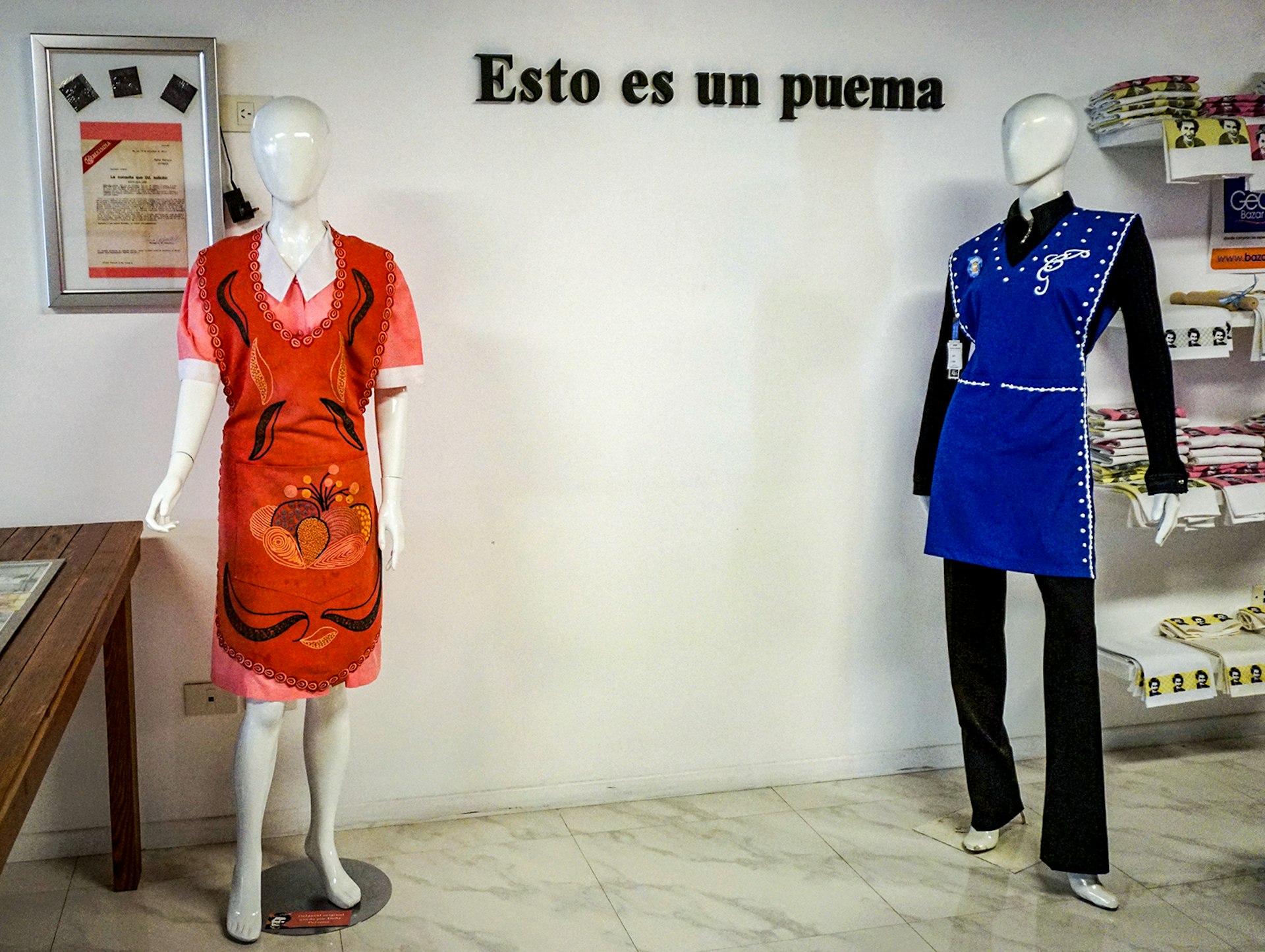
Celebrate a cooking icon: Doña Petrona Museum
This little museum is a tribute to Petrona Carrizo de Gandulfo, one of Argentina's television pioneers and author of the omnipresent cookbook El Libro de Doña Petrona. Visitors announce their arrival in the uniform clothes store on the ground floor and, once admitted, you will find every edition of her encyclopedic cookbook alongside aprons and kitchen supplies donated by her family to commemorate the woman that taught generations of Argentines how to cook classic meals. There’s everything but the date of her death because, according to the museum’s curators, the space is about keeping her memory alive. There are also cooking courses available, a small guest shop and, of course, the opportunity to shop for uniforms downstairs.
Discover the history of San Isidro: Quinta de los Ombúes
Yes, there is a world outside of the teeming city center: in the picturesque suburb of San Isidro you can get the best views of the river by visiting the 19th-century garden Quinta de los Ombúes, located alongside a permanent exhibition of the area’s history, including the famous cathedral that’s just a few steps away. Every third Saturday of the month there are historical reenactments of the civil war with real cannon fire to break the idyllic silence of the surrounding neighborhood. No wonder legend has it that the national anthem was sung here for the first time by its most famous resident, Mariquita Sánchez de Thompson, and not in a downtown theater.
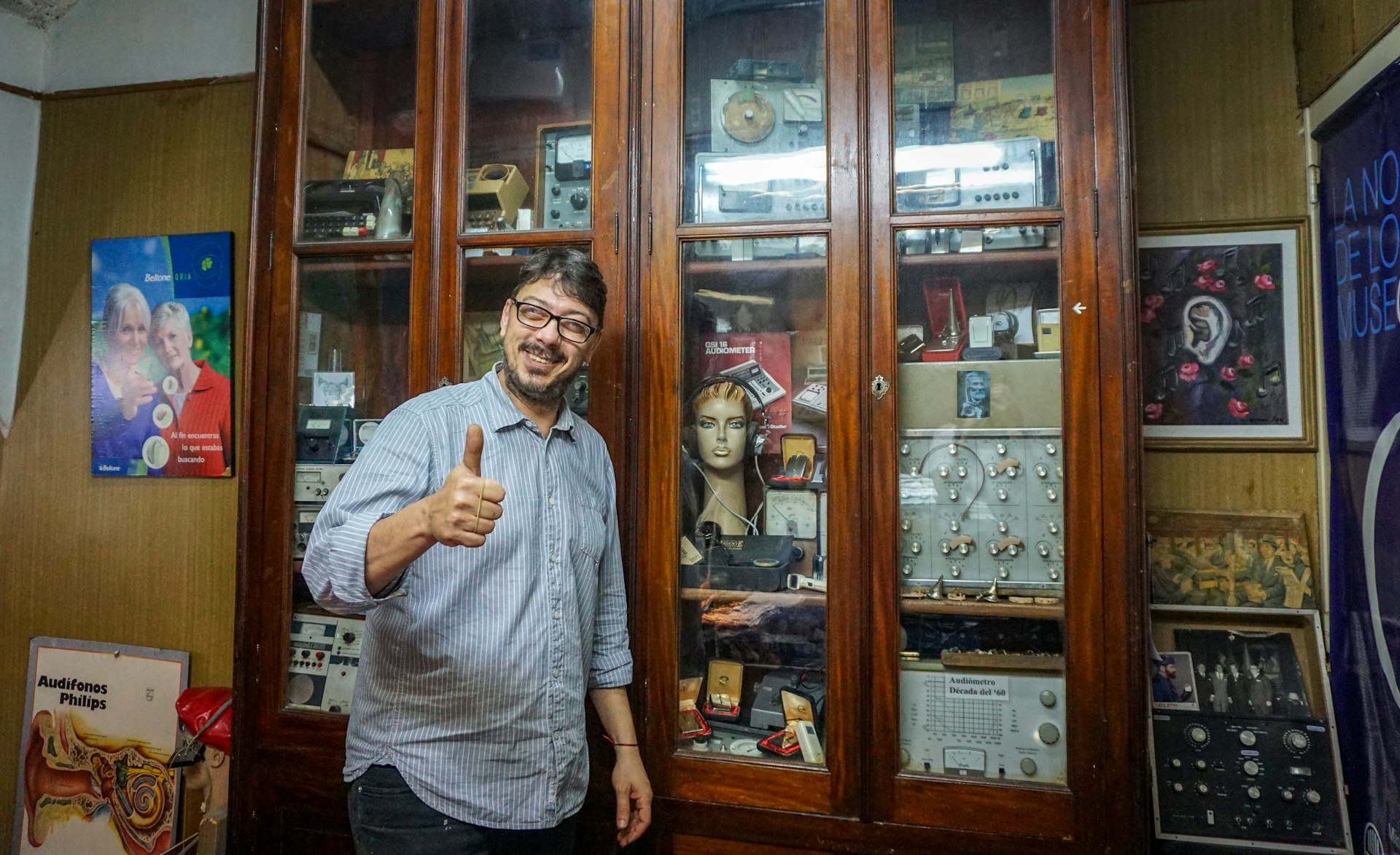
Learn about hearing technology: Hearing Aid Museum
“Audimex” is an unassuming establishment that sells and repairs hearing aids, but also doubles as the only museum dedicated to hearing aids in Latin America. The proud owner, Gabriel Beker, gives enthusiastic tours in Spanish between patients and customers, explaining to visitors how headphones from 1910 worked and the way hearing aids developed from the 1950s. He dreams of one day having a bigger space to showcase his impressive, wide-ranging collection and raise awareness about audio-diversity: he began to share it with the world as a tribute to his late father. For now, the bustling little store, clinic and museum has undeniable charm in its versatility.
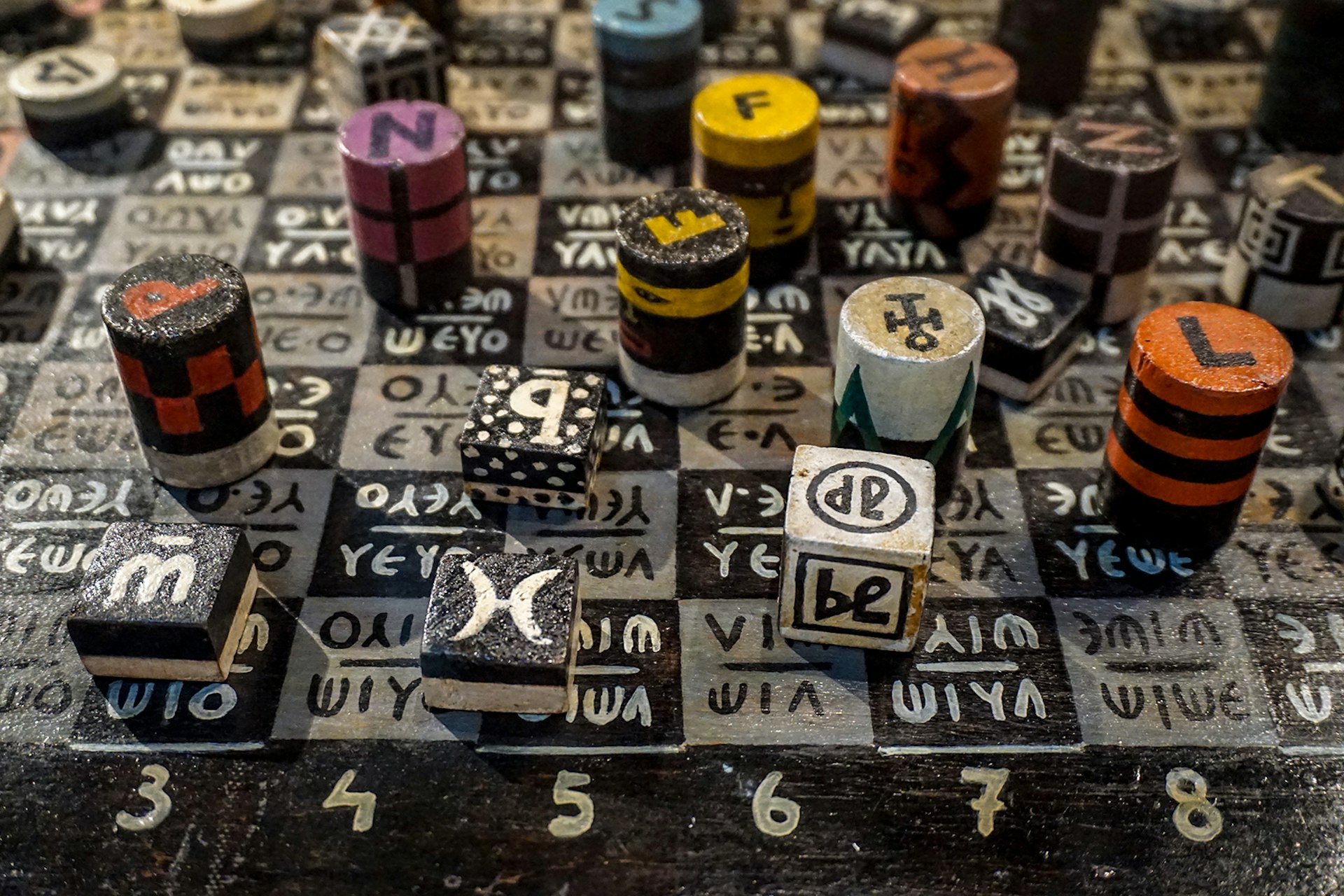
Marvel at idiosyncratic art and architecture: Xul Solar Museum
Located in the Palermo neighborhood, the former mansion of the eccentric painter and inventor Xul Solar has become a museum to showcase his work, including uniquely colorful paintings, inventions (such as a peculiar chessboard) and the presence of the panlengua language he invented. Beyond Solar’s often bizarre body of work, the architecture of the museum itself merits recognition, as its design juxtaposes the old house with a new, modern structure that lets in beautiful natural light while protecting the artist’s work from the sun.
Dive into Argentina’s bedrock popular culture: Museo de Arte Popular José Hernández
Comprised solely of temporary exhibitions, this museum and gallery is dedicated to exploring Argentine creole culture through art and installations, incorporating both old and new interpretations. With portrayals of the emblematic gaucho (cowboys), educational exhibits on such cultural staples like mate, beautiful displays of artisanal handiwork and an outdoor patio to sit in, this enjoyable museum is worth coming back to as it continuously changes what’s on display.
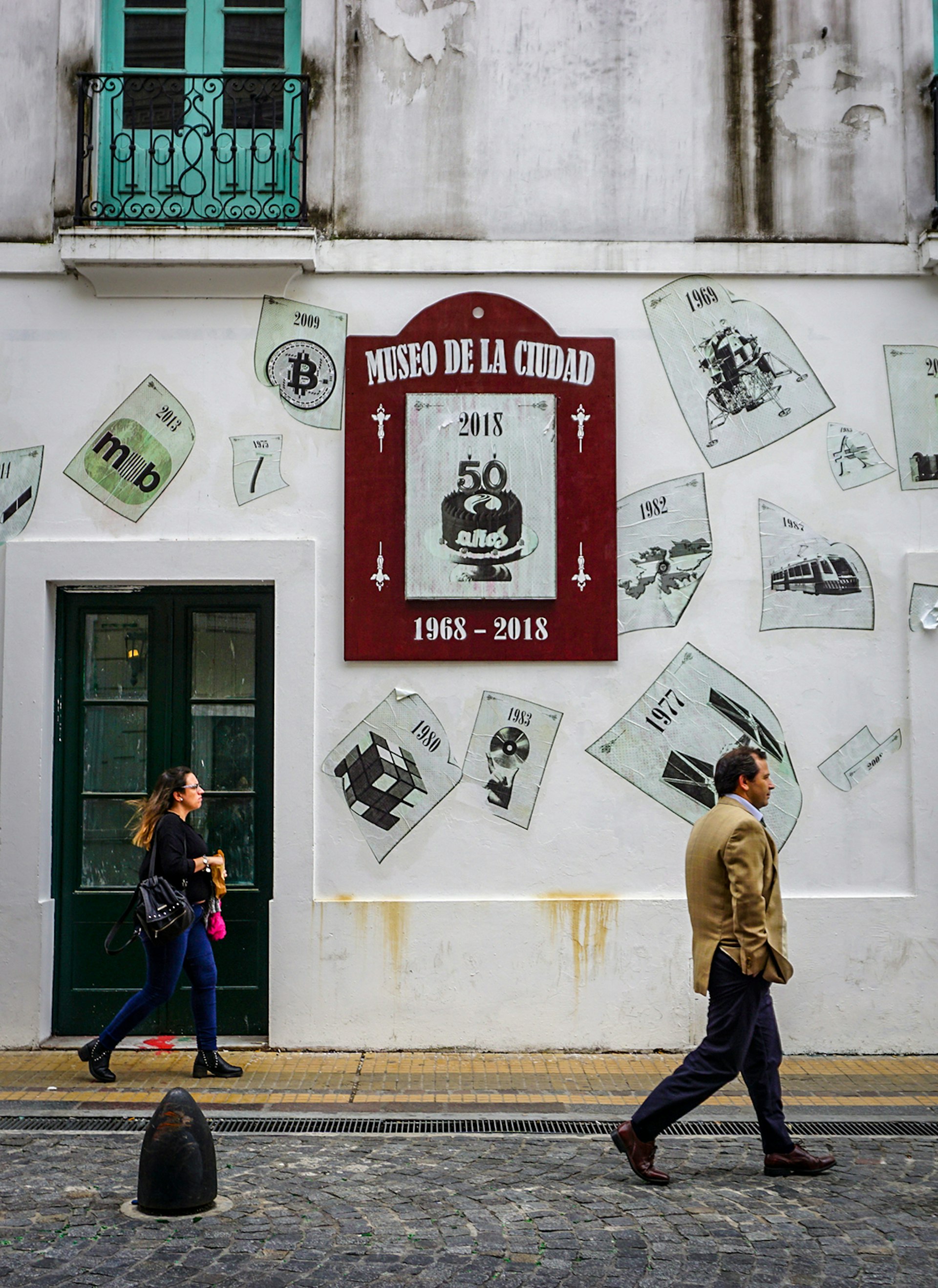
Stroll through Argentine daily life: City Museum
Home to a collection of artifacts designed to evoke nostalgia in every Argentine, the Museo de la Ciudad is a gallery that immerses the visitor in the impact of everyday objects and the evolution of their utility over the decades, from how we get our news to what cameras we used to capture memories. Just a few steps away from the emblematic and busy Plaza de Mayo, the installation is a quick, free tour that can give insight into the Buenos Aires nostalgia often felt in many aspects of its culture, such as tango and football.
https://shop.lonelyplanet.com/products/buenos-aires-city-guide-8
